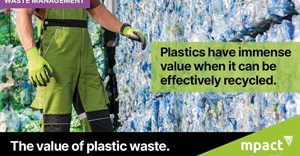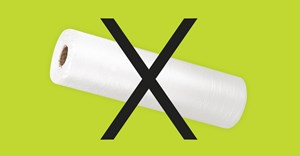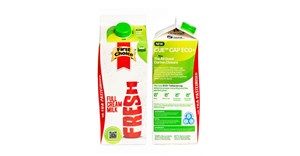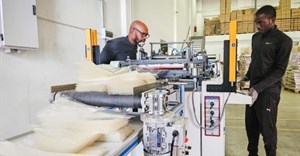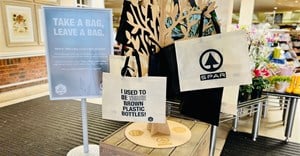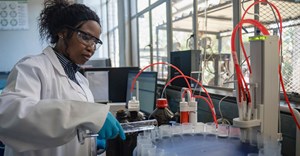Trending
Elections 2024
Jobs
- Junior Graphic Designer Umhlanga
- Account Executive Umhlanga
- Baker - Commercial Bakery Vereeniging
Yum Brands to eliminate polystyrene foam packaging globally

Rarely recycled, EPS foam (sometimes called Styrofoam), used in beverage cups and takeout containers, is a frequent component of beach litter, breaking down into indigestible pellets, which animals mistake for food, sometimes resulting in impairment and death.
EPS foam is used mostly for side dish take-out containers in about 40 of Yum's global markets, including 4,000 U.S. locations and 2,700 non-U.S. locations. Phase-out of EPS foam will eliminate use of at least 100 million foam containers per year, according to the company.
The decision follows engagement with As You Sow, a nonprofit organisation that promotes environmental and social corporate responsibility. A shareholder proposal filed by the nonprofit urging Yum to phase out EPS foam among other actions to improve packaging sustainability was supported by 33% of shares voted with a share value of $7bn in 2019.
As You Sow refiled its shareholder proposal for 2020, but has withdrawn the proposal in recognition of the company’s commitment.
“We congratulate Yum management for this leadership action in removing EPS foam from its global packaging stream,” said Conrad MacKerron, senior vice president at As You Sow, who specialises in waste and recycling issues. “This action could significantly reduce the amount of single-use packaging that ends up as littered waste, especially in developing economies where Yum does substantial business.”
In 2018, McDonald’s Corp. agreed to phase out foam containers at the end of 2018 after a shareholder vote and engagement with As You Sow, eliminating the use of one billion cups annually. A month later, Dunkin’ Brands followed suit, setting a 2020 phase-out date for foam cups following McDonald’s commitment, which will eliminate use of another billion cups annually.
Negative environmental and health profile
Polystyrene has been widely used for single-use containers across the world for decades, but in recent years, its negative environmental and health profile has led major companies to drop it. In 2017, a report by the Ellen MacArthur Foundation New Plastics Economy Project endorsed by major brands including Coca-Cola Co., Danone, Mars, PepsiCo, Procter & Gamble, and Unilever, recommended phase-out of expanded polystyrene, calling it a substance of concern and stating that its replacement would enhance the economics of recycling.
Its hazardous constituent chemicals have been shown to accumulate waterborne toxins in a short time frame, and the International Agency for Research on Cancer has determined that styrene, used in the production of polystyrene, is a possible human carcinogen.












